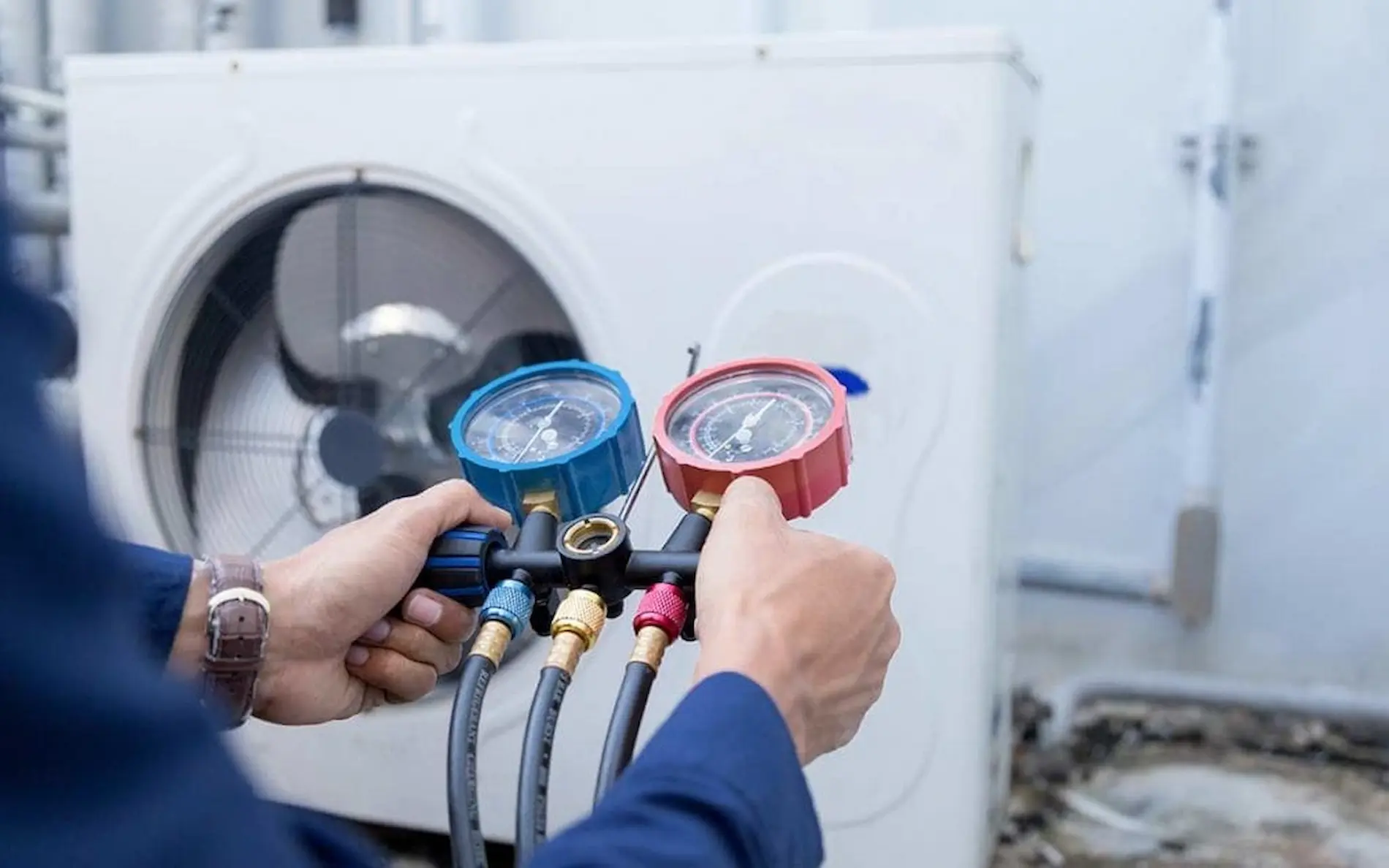4.8
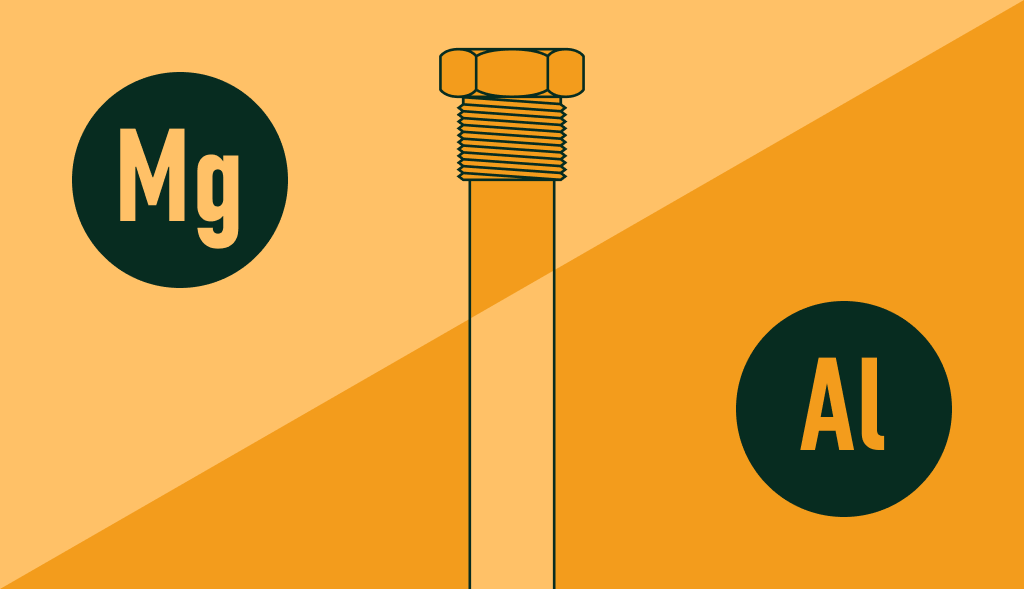
Magnesium vs Aluminum vs Zinc Anode Rods: Best Options for Des Moines
Water heaters are often overlooked until something goes wrong, but one of the most critical components that helps extend the lifespan of your water heater is the anode rod. This simple yet powerful device prevents your tank from rusting by sacrificing itself in place of the metal inside the tank. If you’re a homeowner in Des Moines, IA, understanding the differences of magnesium vs aluminum vs zinc anode rods is essential for maintaining your water heater, especially if your home has hard or sulfur-rich water.
At Lazer Home Services, we specialize in helping homeowners choose the best anode rod for their unique needs. Whether you’re experiencing a rotten egg smell in your water, dealing with hard water corrosion, or simply planning proactive maintenance, choosing the right anode rod can protect your tank, improve water quality, and even lower your energy bills.
What Does an Anode Rod Actually Do?
The anode rod is a metal rod placed inside your water heater’s tank, designed to corrode before your tank does. This process, known as electrolysis, means that the anode rod will attract corrosive elements in your water—such as calcium, magnesium, and iron—so that your tank walls remain protected. Essentially, the rod gives up its integrity to extend the life of your water heater. Without this vital component, the interior of your tank could rust quickly, leading to leaks and eventual failure.

Most water heaters come with a pre-installed anode rod, but over time, these rods degrade. In areas like Des Moines, where hard water and mineral content are common, this degradation can happen faster than expected. This is why it’s crucial to inspect or replace your anode rod every 3–5 years.
Understanding Magnesium Anode Rods: Strong Protection with Some Trade-offs
Magnesium anode rods are among the most commonly used and are often installed by default in new water heaters. They offer excellent corrosion protection because magnesium is highly reactive and draws in corrosive materials from the water. This makes magnesium rods a great choice for Des Moines homes with softer water and no odor issues.
However, magnesium rods can produce hydrogen sulfide gas if your water contains sulfur, which leads to that telltale “rotten egg smell.” Additionally, in homes with hard water, magnesium rods tend to deteriorate more quickly. This could require more frequent inspections and replacements.
Despite these drawbacks, if you’re seeking strong corrosion protection and have relatively clean water, a magnesium rod may still be the best choice. Our experts at Lazer Home Services can help you determine if your water quality aligns with this option.
Exploring Aluminum Anode Rods: Durability for Hard Water Systems
Aluminum anode rods, which are often alloyed with a small amount of zinc, offer a longer-lasting alternative to magnesium. They are particularly well-suited for homes in Des Moines dealing with hard water, as they don’t deteriorate as quickly under high mineral conditions. Aluminum rods are also typically more affordable, making them an appealing choice for homeowners looking to extend the life of older tanks without a major investment.

However, aluminum is less effective than magnesium at protecting against corrosion, and there are potential health concerns if aluminum particles begin to flake into the water—especially in systems used for drinking water. While this is generally rare and avoidable with regular maintenance, it’s still worth considering if you’re sensitive to water quality.
Aluminum anode rods may be ideal for homeowners who want a low-maintenance solution in areas with high mineral content. If you’re unsure which rod is currently in your tank or if you need a replacement, our plumbers are available for inspection and replacement services across Central Iowa.
Zinc Anode Rods: Say Goodbye to Rotten Egg Smell
For Des Moines homeowners battling that unpleasant sulfur smell in their hot water, zinc anode rods can offer immediate relief. These rods are actually aluminum rods that have been infused with a small amount of zinc—typically around 10%. While they don’t improve corrosion resistance significantly compared to standard aluminum rods, they are very effective at neutralizing the bacterial reaction responsible for creating hydrogen sulfide gas.
Zinc rods are ideal for homes with well water or other systems that test high for sulfur. They are also a smart choice when you want to balance durability and odor control without sacrificing tank protection. If smell is your primary concern, switching to a zinc-infused rod can be one of the easiest and most affordable fixes.
You can learn more in our detailed guide on zinc vs. magnesium anode rods, where we explain which scenarios are best for each type.
How to Choose the Right Anode Rod in Des Moines
Choosing the best anode rod isn’t a one-size-fits-all decision. It depends on several key factors, including:
- Your local water quality (hardness, sulfur content, mineral levels)
- The age and condition of your water heater
- Whether you’ve experienced issues like odor, corrosion, or sediment buildup
If you’re unsure about your water quality or which rod is installed in your tank, it’s a smart idea to have a licensed plumber perform an inspection. At Lazer Home Services, we not only inspect and test your system but help you choose the most effective anode rod based on your tank, budget, and water conditions.
When Should You Replace an Anode Rod?
Most anode rods need to be replaced every 3 to 5 years, but in Des Moines’ mineral-rich water, replacement might be necessary even sooner. If you’ve never replaced the rod in your water heater and it’s more than 5 years old, there’s a good chance it’s already corroded.
Signs your anode rod needs replacing include:
- A metallic or sulfur smell in your hot water
- Cloudy or rusty-looking hot water
- Increased noise from the water heater (popping or rumbling)
- Leaking or visible corrosion on the tank
Regular inspections are the best way to catch issues before they become expensive repairs. Learn more about the best anode rod options for water heaters in Des Moines by visiting our dedicated service page.

We Proudly Serve Des Moines and Surrounding Iowa Communities
At Lazer Home Services, we provide expert anode rod replacement, water heater maintenance, and plumbing solutions to homeowners throughout Des Moines and nearby cities. Our service area includes Ankeny, Urbandale, Altoona, Waukee, Clive, Johnston, Pleasant Hill, Grimes, Norwalk, West Des Moines, and Windsor Heights. Whether you’re located in the heart of downtown Des Moines or in a neighboring community, our certified technicians are only a phone call away.
Why Des Moines Homeowners Choose Lazer Home Services
When it comes to maintaining your home’s plumbing system, especially something as critical yet often overlooked as the anode rod, experience and trust matter. At Lazer Home Services, we don’t just replace anode rods—we evaluate your entire water heating system to ensure it runs efficiently and safely. Our licensed plumbers in Des Moines are trained to assess water quality, spot early signs of corrosion, and recommend the best solution for your home and budget.
Our reputation has been built on honest service, clear communication, and prompt response times. We understand how unique Iowa’s water conditions can be, and we tailor our recommendations accordingly. Whether you need a new zinc rod to fight odor, a magnesium rod for maximum protection, or help identifying your current setup, we’re here to help.
We also back our work with satisfaction guarantees, flexible financing options, and helpful seasonal offers to make home maintenance more affordable.
Conclusion: Choosing the Best Anode Rod for Your Des Moines Home
Whether your priority is eliminating unpleasant odors, protecting against hard water damage, or simply extending the life of your water heater, choosing the right anode rod is key. Magnesium, aluminum, and zinc each offer unique advantages, and understanding the differences can help you avoid costly repairs down the line.
Des Moines homeowners face specific challenges like hard water and sulfur levels that require informed solutions. At Lazer Home Services, we offer expert guidance, fast installations, and preventative maintenance that puts your mind at ease. Don’t wait for corrosion or odor issues to appear—take action now and protect your home’s hot water system for years to come.
Frequently Asked Questions
Q1: How do I know which type of anode rod is best for my home in Des Moines?
A licensed plumber can inspect your water heater and assess your water quality. Generally, magnesium rods are ideal for soft water, aluminum for hard water, and zinc for odor control.
Q2: How often should I replace the anode rod in my water heater?
Typically every 3 to 5 years, but it can be sooner in homes with hard or corrosive water. Our team offers inspections and replacements across Des Moines and surrounding cities.
Q3: Can I replace my anode rod myself?
While it’s possible, it can be challenging without the right tools or expertise. To avoid damaging your tank or voiding the warranty, it’s recommended to let a licensed professional handle it.
Q4: Will switching to a zinc anode rod really remove the rotten egg smell?
Yes. Zinc anode rods are effective at reducing the sulfur bacteria reaction that causes that smell. They’re a top recommendation for well water homes in Central Iowa.Q5: What if my water heater is already corroding—can a new anode rod still help?
It depends on the extent of corrosion. In many cases, a new rod can slow further damage. However, if corrosion is severe, we might recommend a full water heater replacement or repiping solution.
Recent News
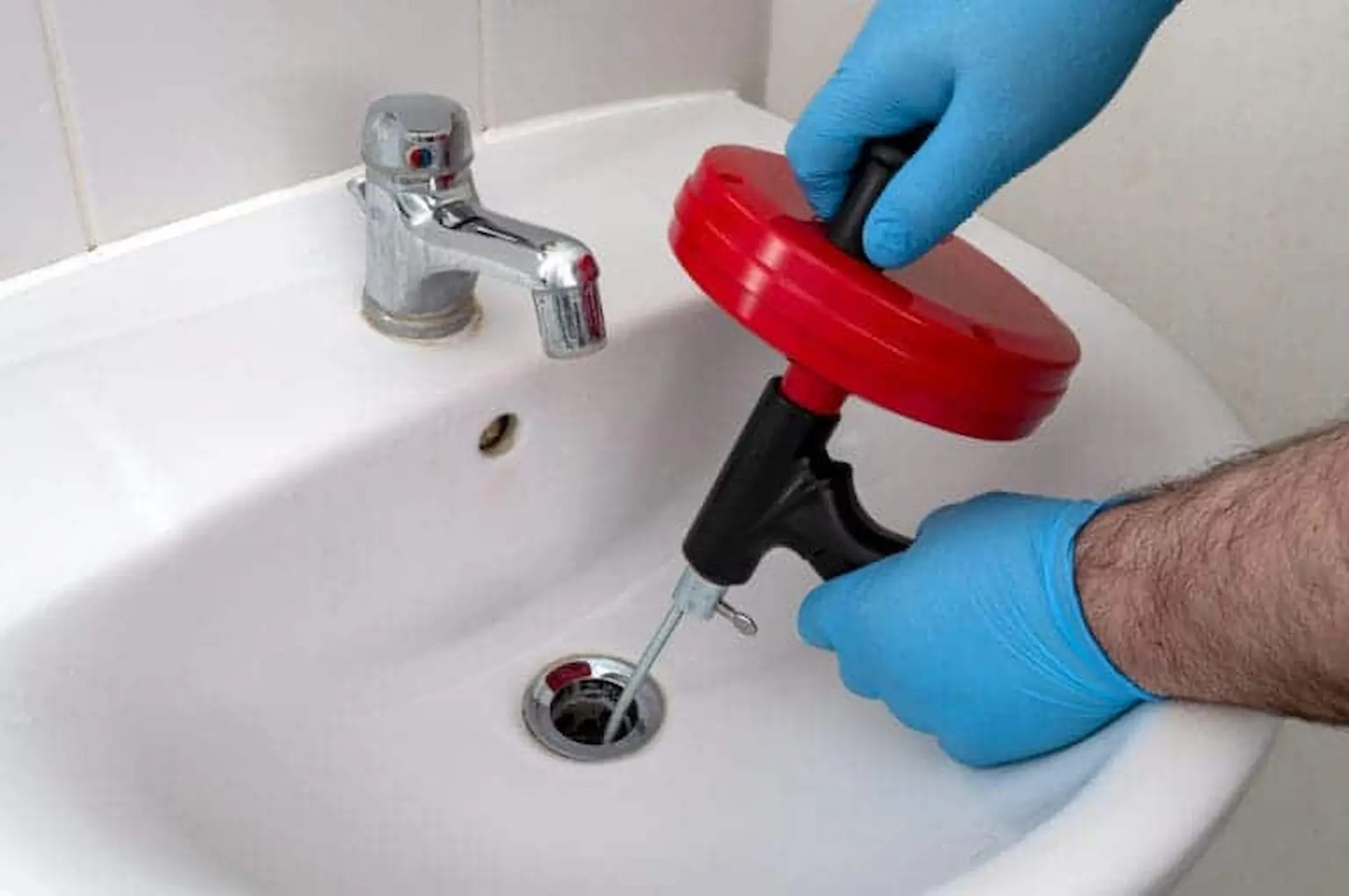
Residential Drain Cleaning in Des Moines | Lazer Home Services
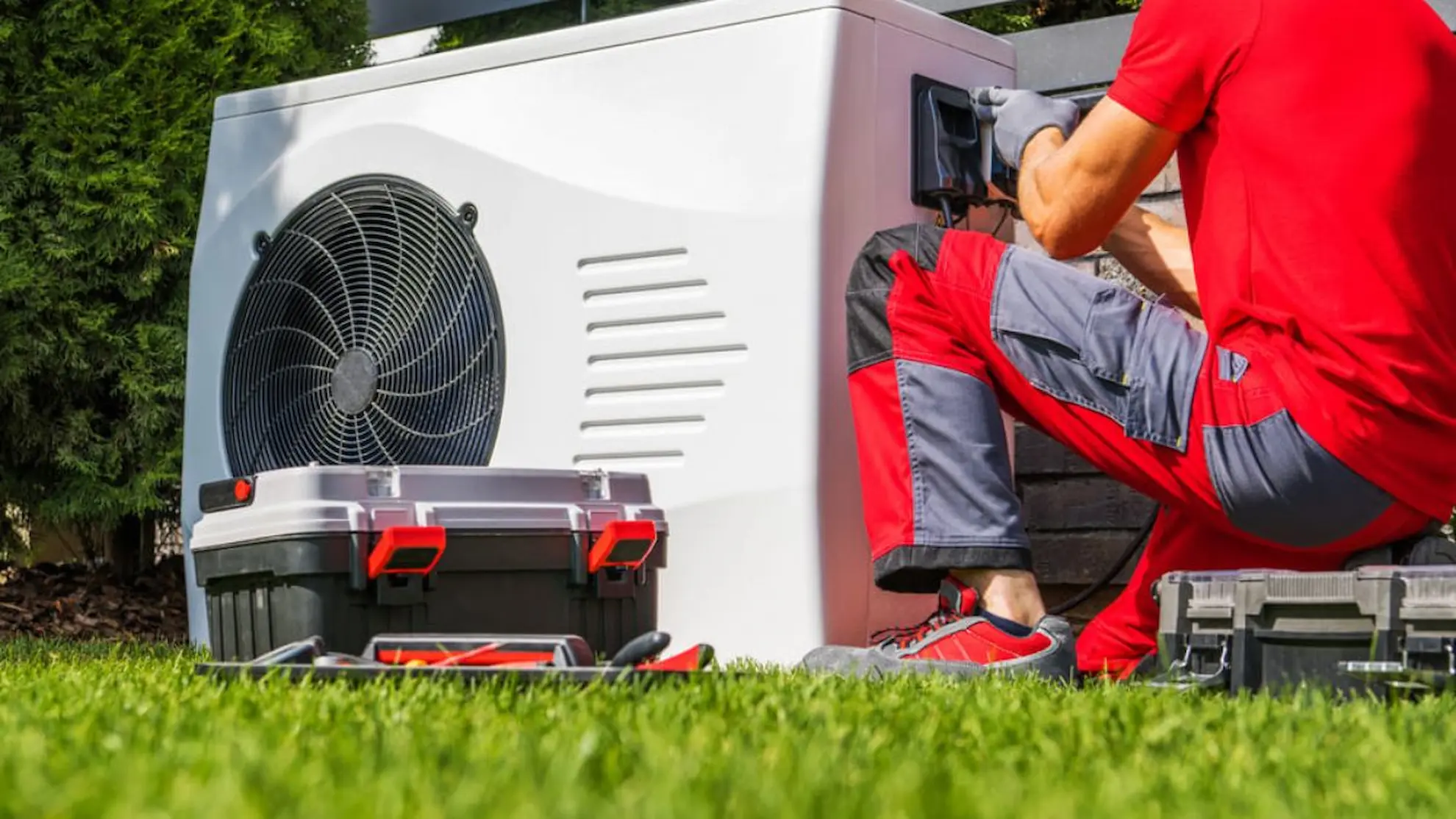
Heat Pump Repair and Installation Solutions in Des Moines.

How to Detect Hidden Pipe Leaks | Lazer Home Services
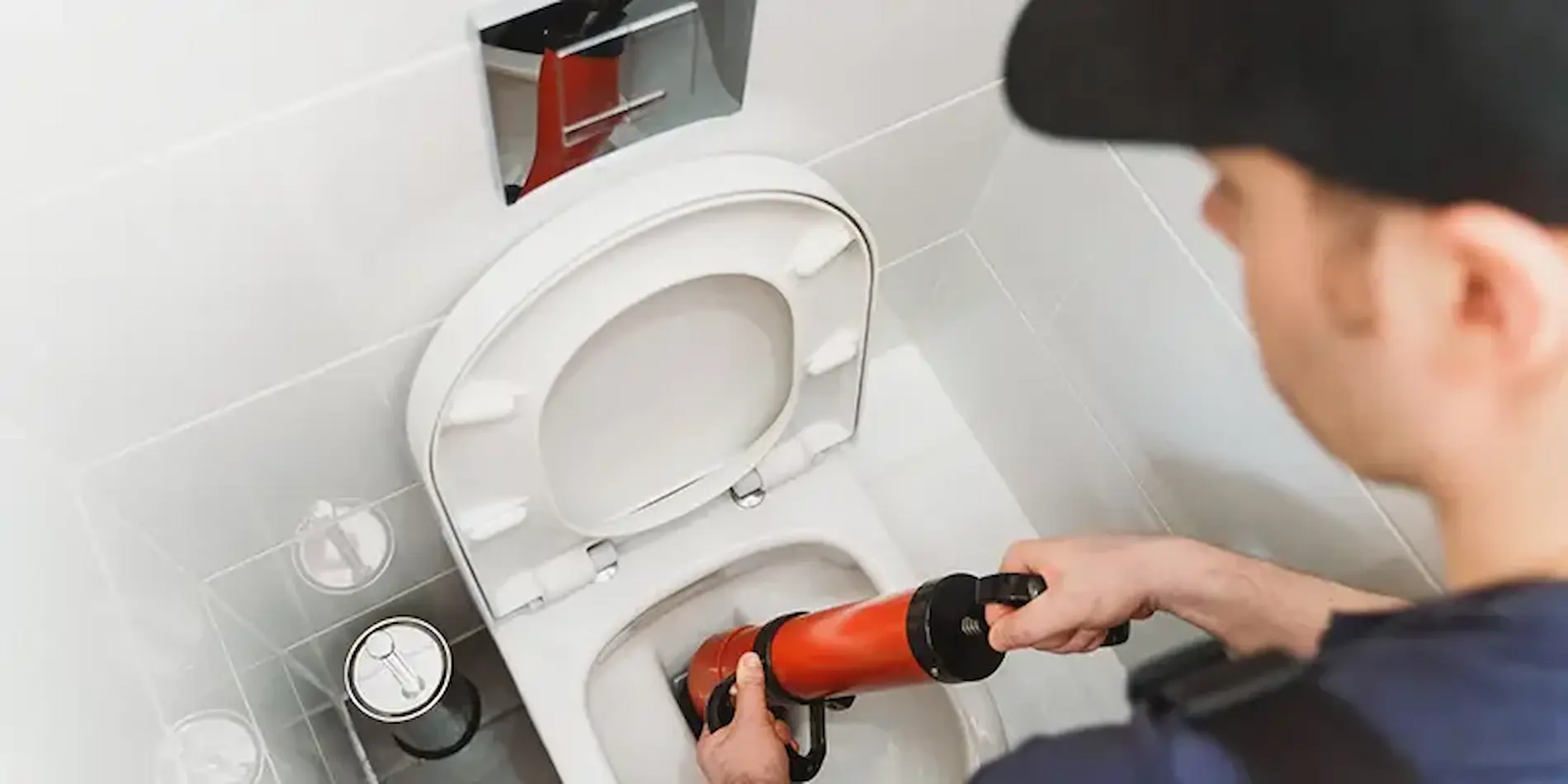
5 Early Warning Signs Your Home Plumbing Needs Urgent Attention
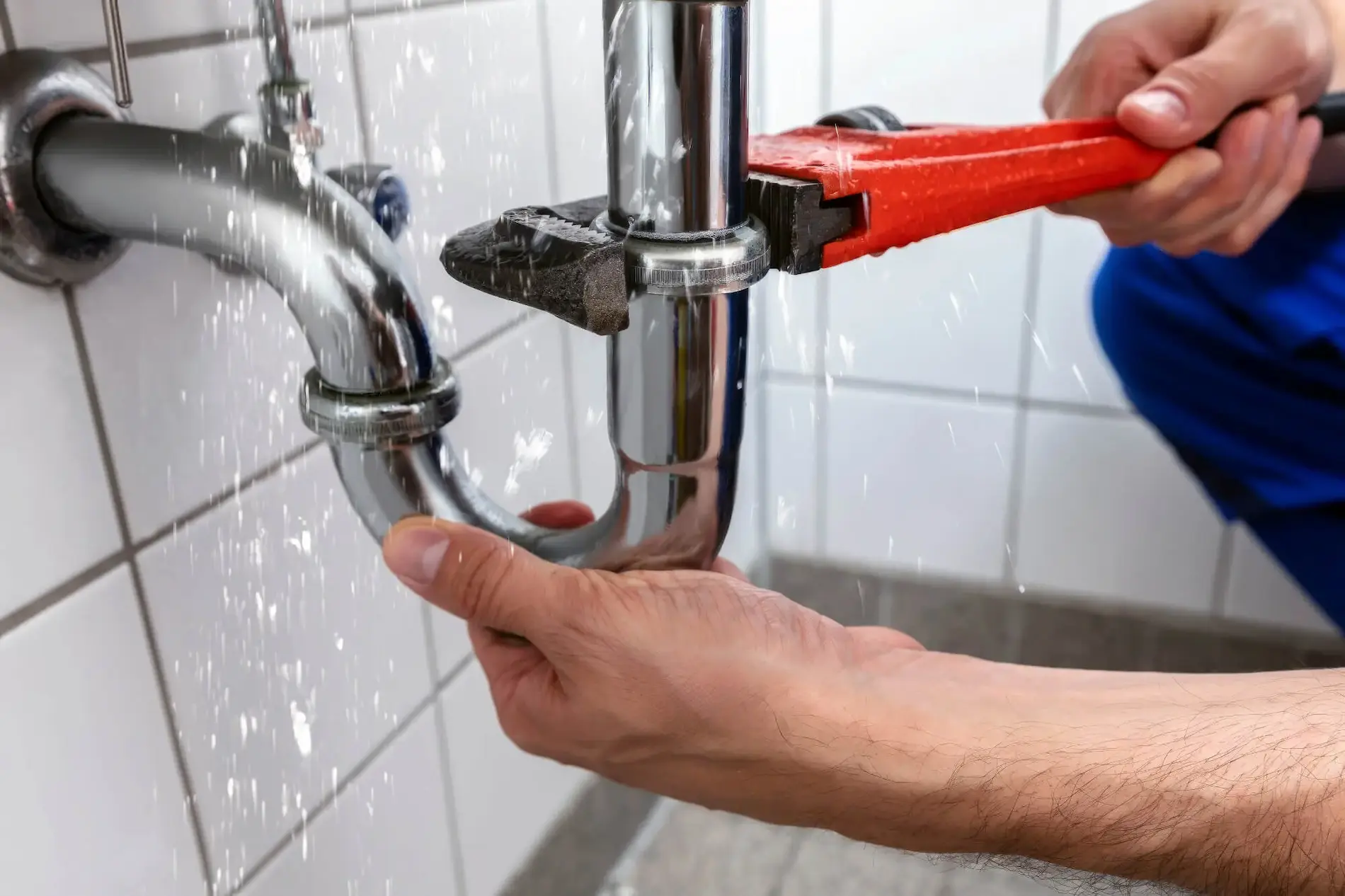
Plumbing Maintenance Checklist Des Moines | Lazer Home Services
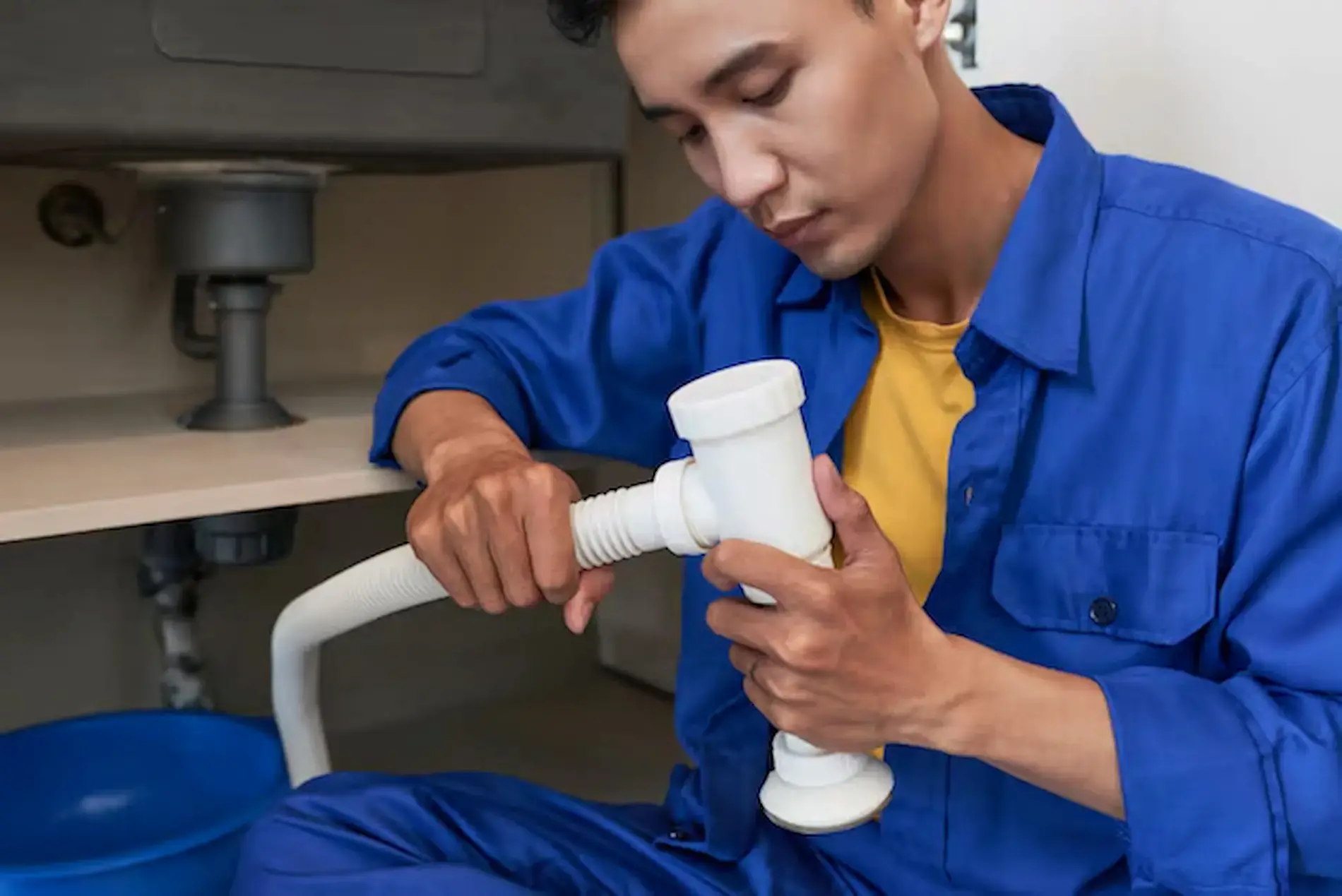
Leak Detection and Repair in Des Moines | Lazer Home Services
